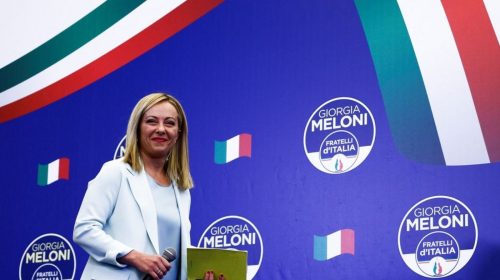Disturbing Footages taken from inside several crocodile farms in Vietnam shows the horrific ways in which the animals are skinned alive for luxury fashion goods of the world’s leading fashion brands.
 (Pics Courtesy / Credits – Peta)
(Pics Courtesy / Credits – Peta)
The video, filmed in March and April 2016, is part of an investigation into the exotic skin trade conducted by the animal right group People for The Ethical Treatment of Animals (PETA), and provided exclusively to FORBES ahead of its general release.
Video courtesy / credits – Peta
The confronting images show the crocodiles essentially being skinned alive. A deep incision is first made across the back of the animal’s neck, before a steel rod is driven down their spinal column in a practice know as “pithing,” to destroy nerve tissue. Some of the crocodiles can be seen still moving after their skins have been completely removed. A worker at one of the farms, interviewed in the video, says it is not uncommon for the crocodiles to take several hours to die. Workers at the farms also told the investigators the majority of the skins went to make fashion accessories such as bags, wallets, belts and shoes.
Two of the farms where the slaughter was filmed were the Ton Phat Crocodile Co Ltd and the My Hiep Private Company. For several years, these two firms provided crocodile skins to Heng Long, a Singapore-based supplier of exotic skins.
She added, “We have no knowledge of a partner that would practice the method you referred to … any cruel method involving the suffering of the animal is in clear contradiction with our principles and rules.”
PETA President Ingrid Newkirk called on consumers not to buy exotic skins in order to prevent reptiles from being imprisoned, mutilated, and skinned alive. “A crocodile-skin bag means a living, feeling being experienced a miserable life and a ghastly death,” she said.
PETA have filed a legal complaint with Vietnamese Department of Agriculture alleging the treatment of the crocodiles on the farms, where even when they are alive they are kept in tiny concrete pens often smaller than the length of their bodies, contravenes the country’s Law on Animal Health.
However, it is a difficult campaign to wage in a country with a less-than stellar record on the treatment of animals, and where the trade in exotic species, either for the skins or meat, is a lucrative and well-entrenched business.
Perhaps the most effective way, or indeed only way, to effect real change is in reducing the demand for these products. Certainly, anyone viewing the harrowing footage would have to think twice before buying that crocodile skin bag or wallet this Christmas.




